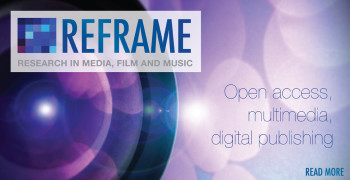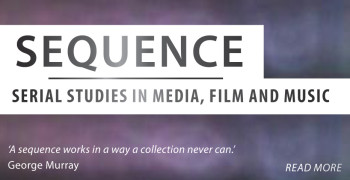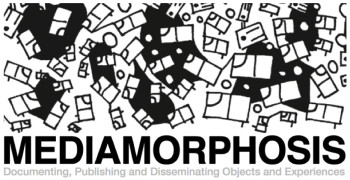
The genre’s foregrounding of rhythm sets it up to inherit prejudices that can be traced back to colonial Cuba. The spiritual and cultural practices brought to the island by enslaved Africans, as well as those that were formed in the new context, harnessed the communicative and cathartic power of rhythm, and became associated with rebellion – provoking fears of a second Haiti among the landowning white criollos

Link to Ema Dossier Index by Ellen Bishell* For a scholar of music video, to give a short take on…

Mediático wanted to let its readers know of a FREE event taking place over two days in London next week,…

This week Mediático presents excerpts from the diary of José Arroyo, Principal Teaching Fellow in Film Studies at the University…

Mediático is delighted to present a report by Dunja Fehimović on the 36th annual International Festival of New Latin American Cinema….

Mediático is delighted to present the following report on Latin American cinematic offerings at this year’s Rotterdam Film Festival by first-time…

Mediático presents an entry by one of its founding co-editors, Dolores Tierney, Senior Lecturer in the School of Media, Film…






